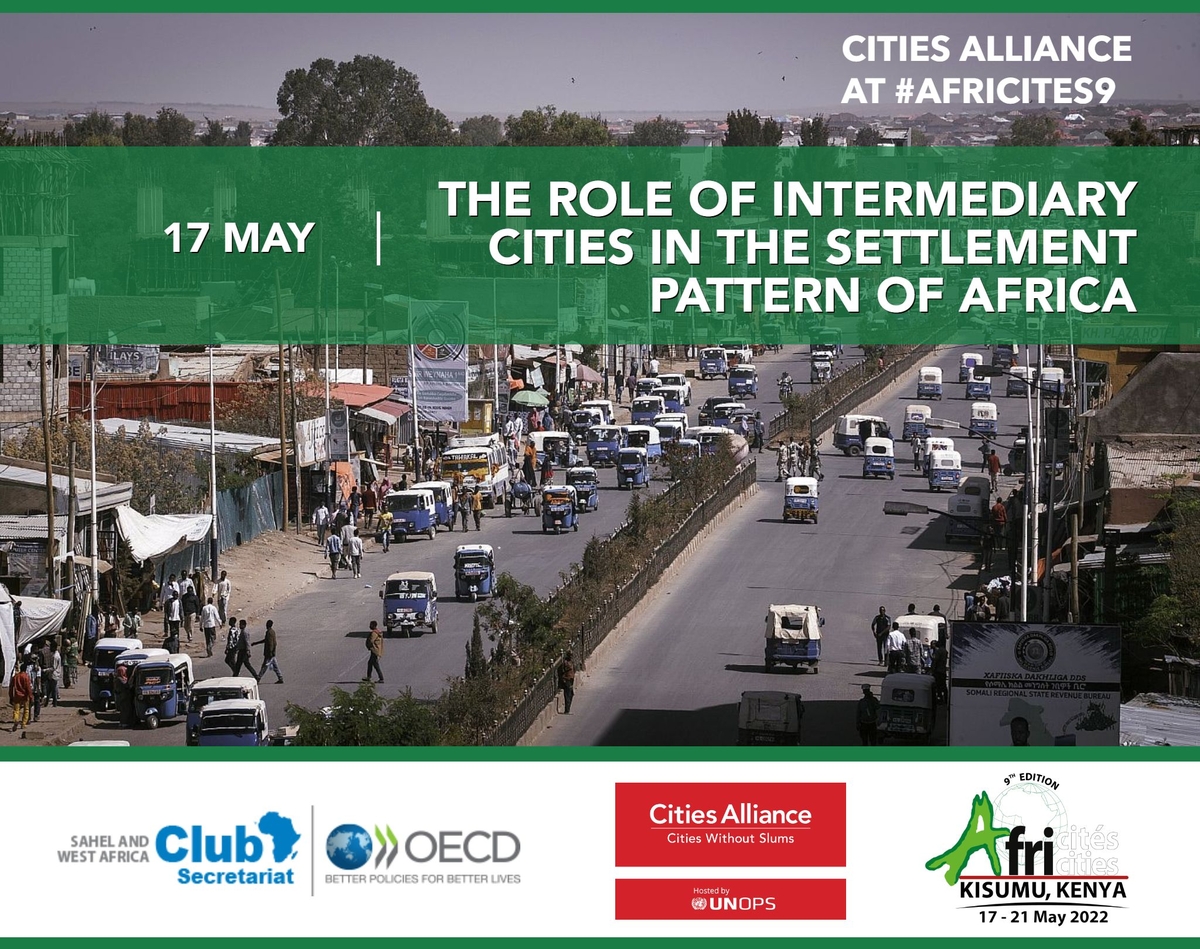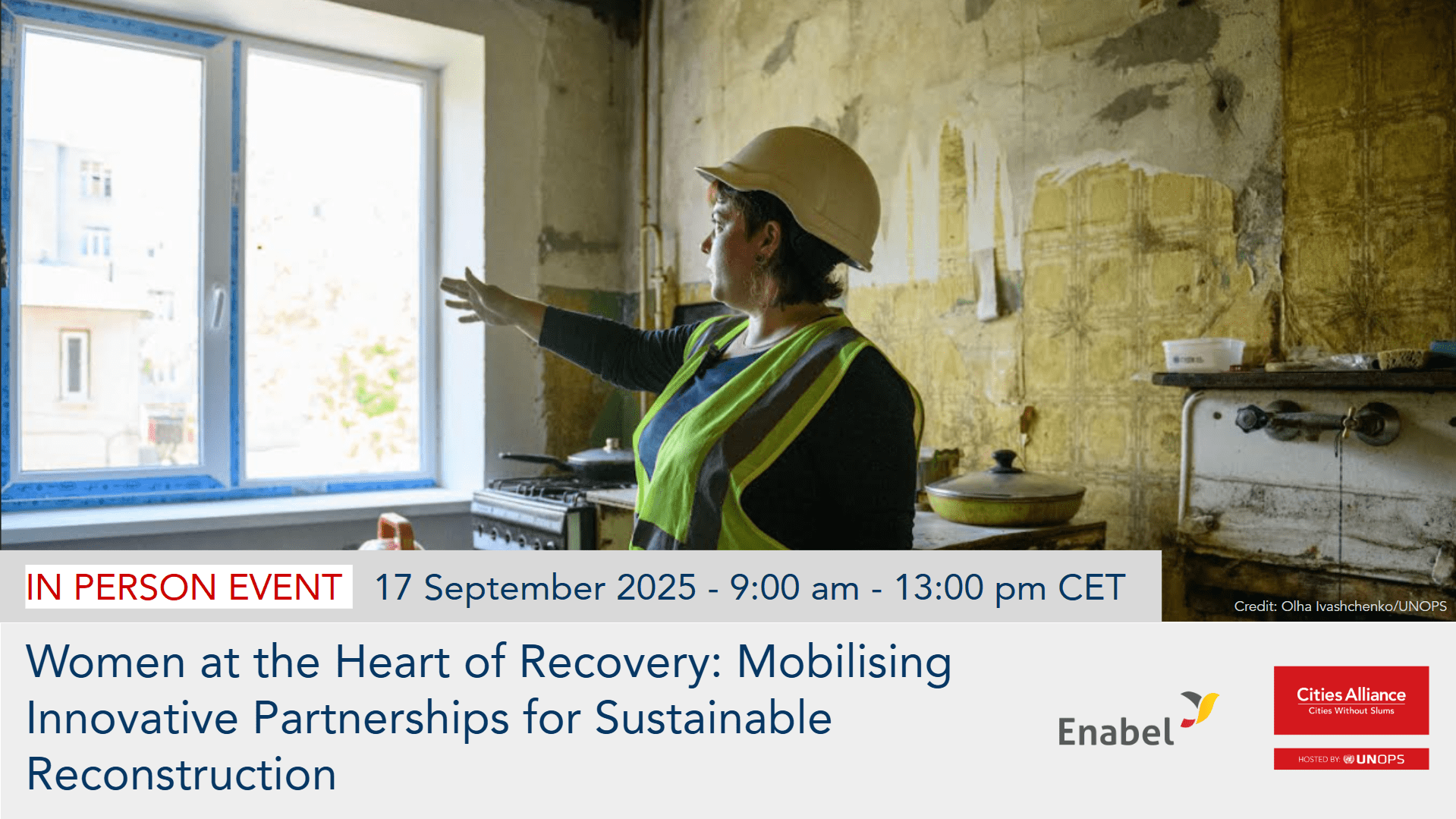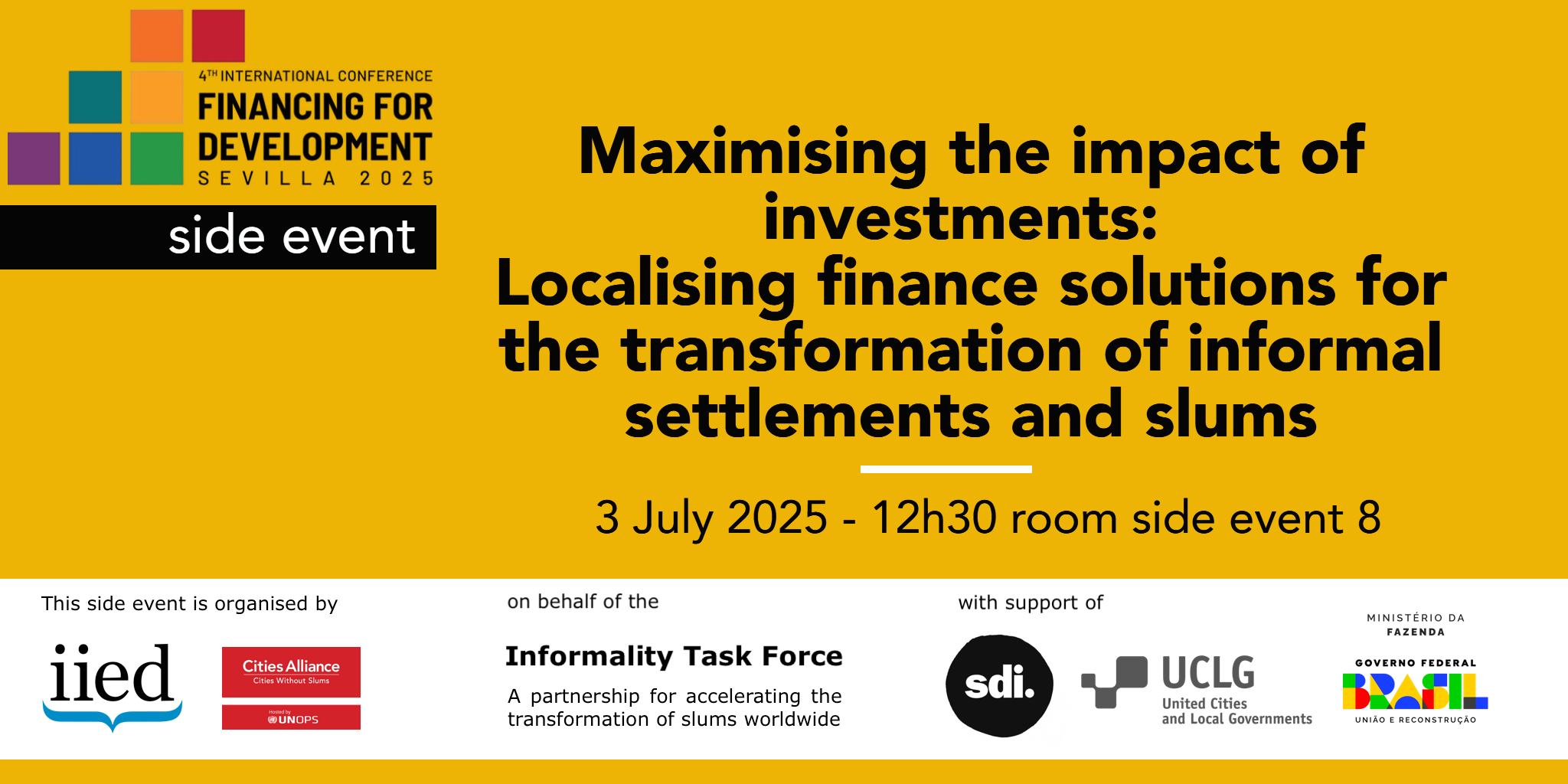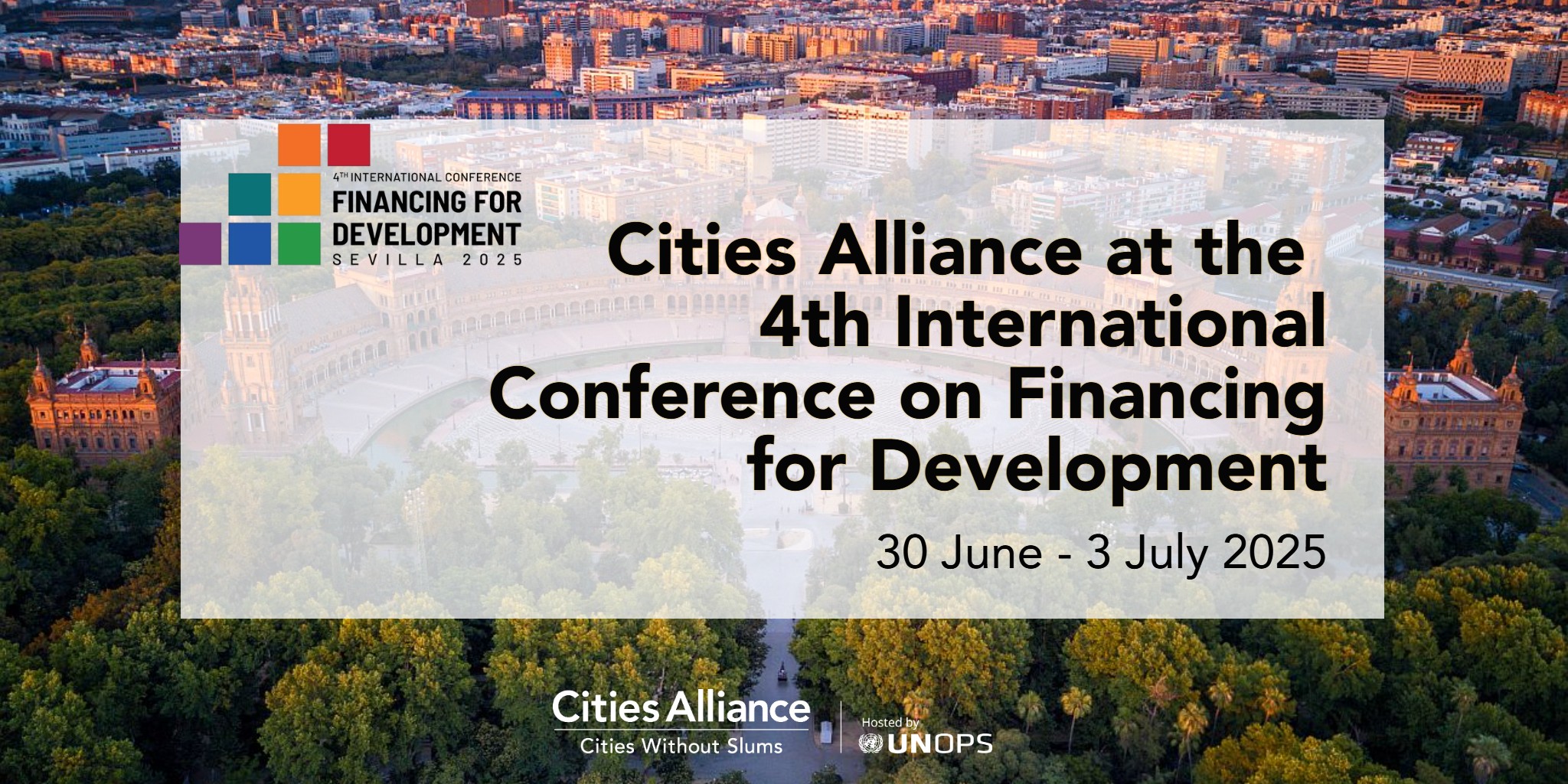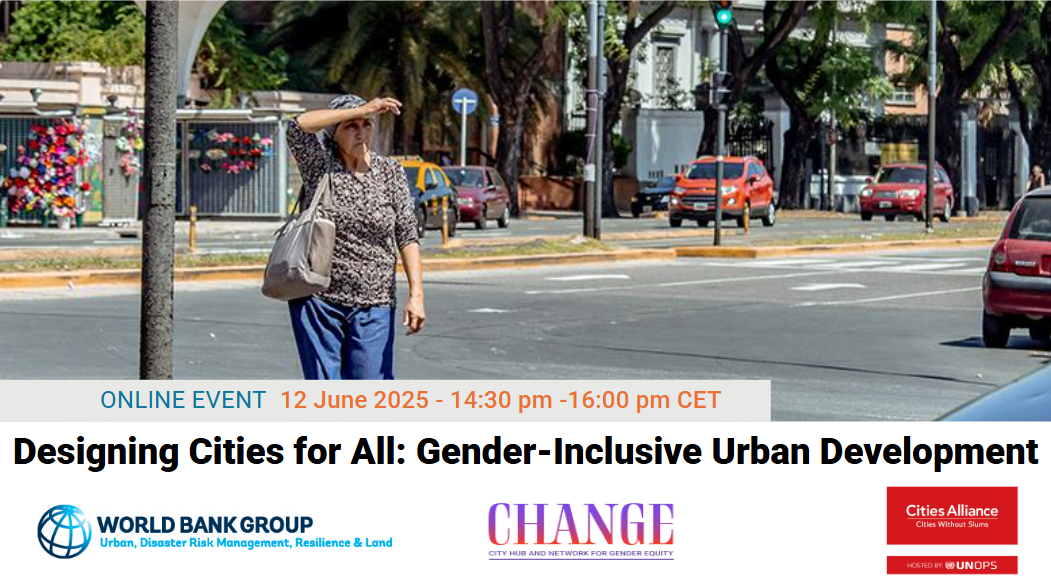- Who We Are
- How We Work
- Regional / Country Initiatives
- Legacy
- Core Themes
- Working Groups
- Portfolio & Results
- Newsroom
- Resources
Africities: Intermediary Cities and Settlements Dynamics
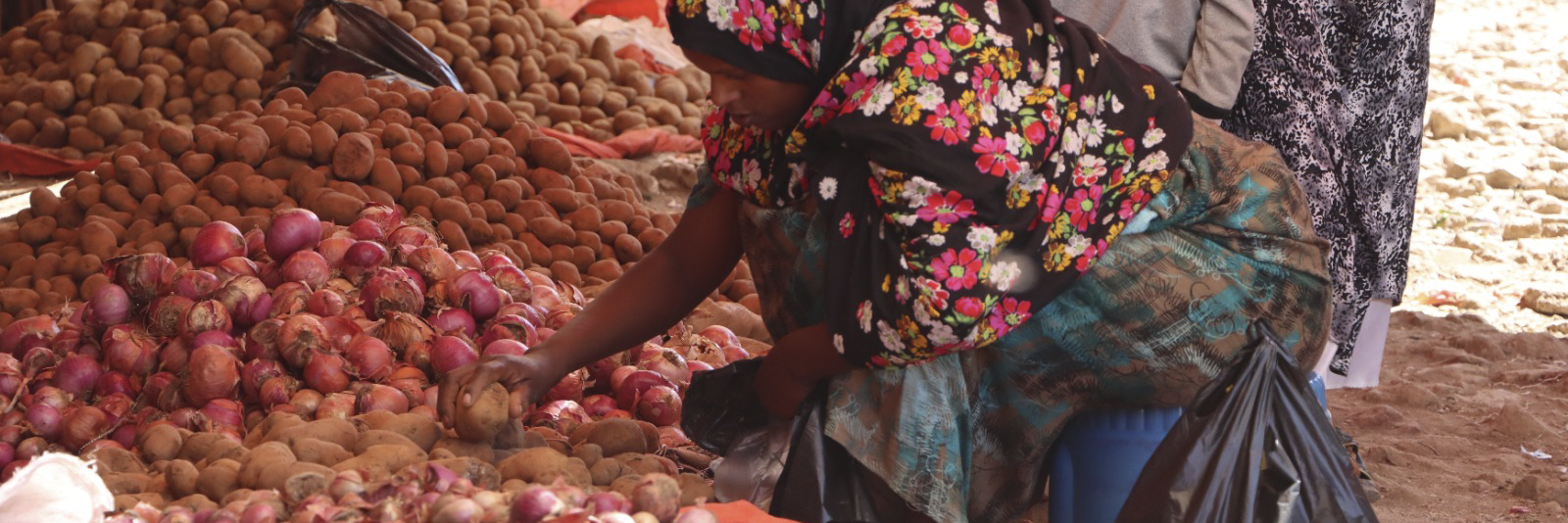
Managing the COVID-19 crisis is at the forefront of public attention, in addition to straining public budgets at all levels of government. At the same time, climate change remains the biggest challenge urban settlements are facing right now.
Even though climate change is a global challenge, local governments face the brunt of the effects and are at the forefront of the action. Therefore, it is important to provide cities with up-to-date tailored tools to monitor and evaluate these dynamics, whilst providing options for action and finance.
National governments frequently overlook the role that cities play when acting on climate – and the diverse multitude of transitions these cities face. Only 11 out of 54 African countries explicitly mention the role of cities play to enhance inclusive and sustainable growth for participatory, integrated action and planning in their Nationally Determined Contributions (NDCs) under the Paris Agreement (which are the non-binding climate action plans).
The aim of this session at the Africities Summit is to help cities navigate these multiple challenges through practical examples of how to finance sustainable and resilient growth.
In light of the upcoming COP27 in Egypt – which will put Africa on the international stage of climate negotiations – it is important for Africa’s national governments to emphasize the important role that cities play in these dual transitions of climate change and collective action.
- Moderator: Laurent Bossard, Director, OECD Sahel and West Africa Club
